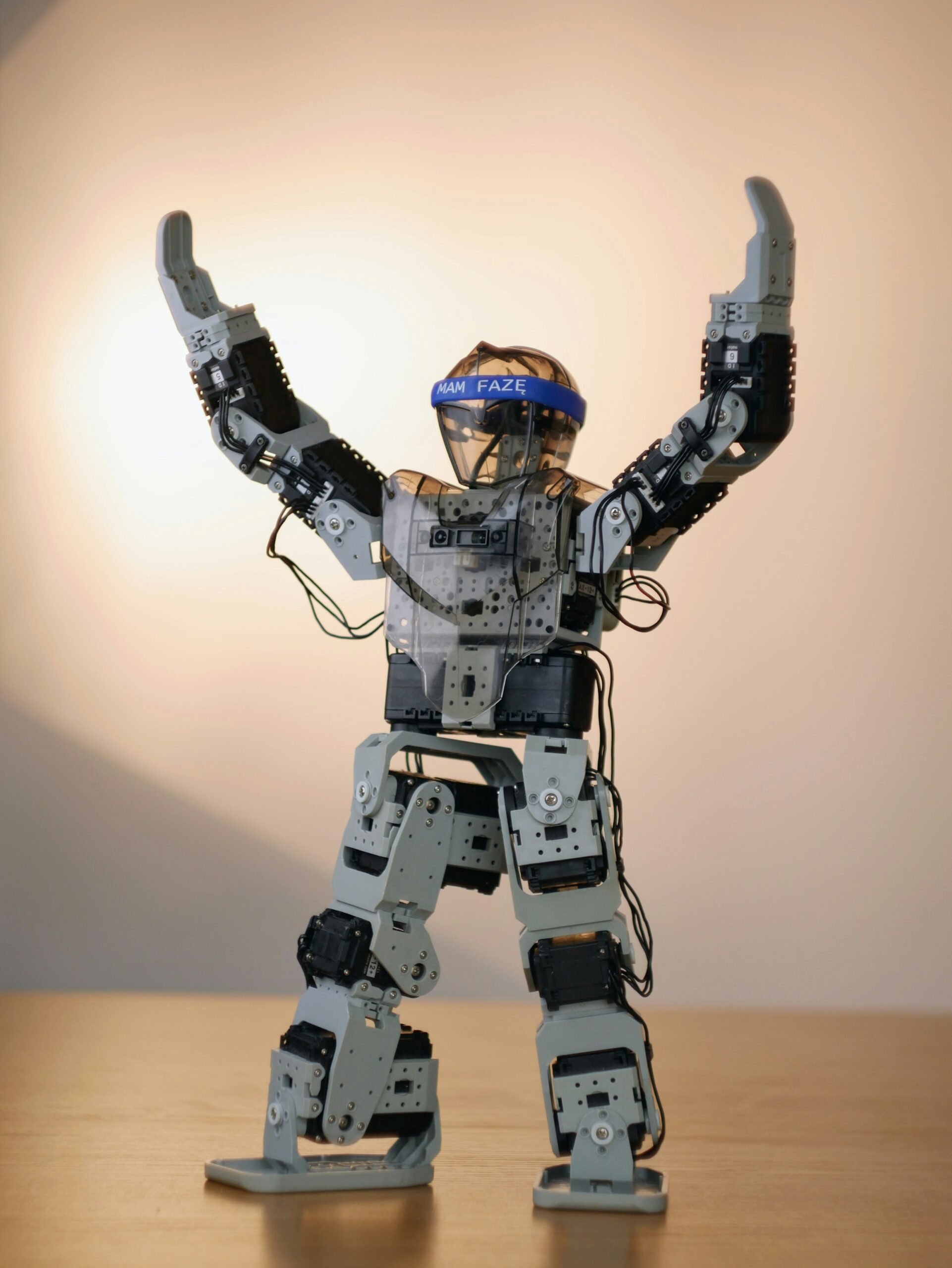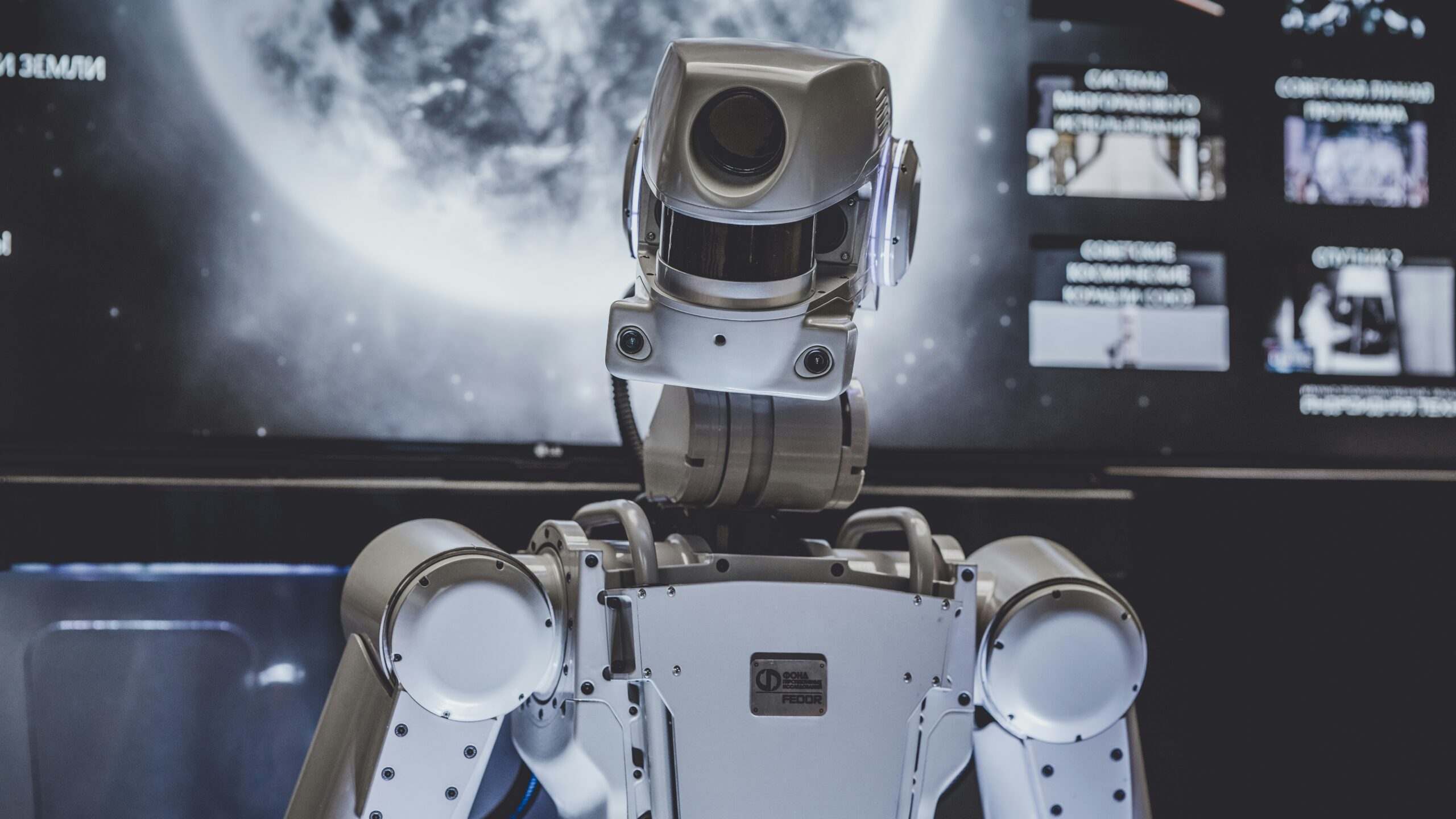The Rise of AI Assistants in Our Daily Lives

AI Assistants: Your Invisible But Indispensable Companions
Remember struggling to remember appointments, fumbling with unfamiliar apps, or yearning for a helping hand with everyday tasks? Well, those days might be fading thanks to the rise of AI assistants. These virtual companions, embedded in our smartphones and smart speakers, are quietly transforming how we navigate our daily lives.
From Sci-Fi to Reality: The Evolution of AI Assistants
AI assistants have come a long way from the days of clunky text-based chatbots. Today’s virtual helpers, like Siri, Alexa, and Google Assistant, understand natural language and can respond to a wide range of requests with impressive accuracy. This evolution has been fueled by advancements in:
- Speech Recognition: AI assistants can now decipher natural human speech, even accounting for accents and background noise.
- Natural Language Processing (NLP): They can understand the intent behind our questions and requests, allowing for more natural and engaging interactions.
- Machine Learning: AI assistants continuously learn from our interactions, tailoring their responses and recommendations to our individual needs and preferences.
Beyond Playing Music: The Expanding Role of AI Assistants
The capabilities of AI assistants extend far beyond simply playing music or setting alarms. Here’s how they’re becoming integrated into our daily routines:
- Smart Home Management: AI assistants can control smart lights, thermostats, and appliances, allowing us to adjust our home environment with simple voice commands.
- Personalized Information and News: They can provide personalized news updates, weather forecasts, and traffic reports, keeping us informed about what matters most to us.
- Increased Productivity: AI assistants can create shopping lists, manage to-do lists, and set reminders, freeing up our mental space for more important tasks.
- Enhanced Accessibility: These virtual companions can be invaluable for people with disabilities, providing voice-controlled assistance for various tasks.
The Future of AI Assistants: An Ever-Expanding Ecosystem
The future of AI assistants is brimming with possibilities:
- Proactive Assistance: AI assistants might anticipate our needs and proactively offer suggestions or complete tasks before we even ask.
- Contextual Awareness: By integrating with other smart devices and services, AI assistants could become even more contextually aware, responding to our requests based on real-time situations.
- Multilingual Support: As AI language processing continues to evolve, seamless communication across different languages is on the horizon.
Challenges and Considerations: Privacy, Security, and the Human Touch
While AI assistants offer undeniable convenience, there are challenges to consider:
- Privacy Concerns: Ensuring the security of our personal data collected by AI assistants is crucial.
- Over-reliance on Technology: Striking a balance between using AI assistants and developing essential life skills like problem-solving and critical thinking is important.
- The Human Connection: AI assistants can never fully replace human interaction. Maintaining a healthy balance between tech reliance and real-world connection is essential.
A Symbiotic Future: Humans and AI Assistants Working Together
AI assistants are not here to replace us; they are here to augment our lives. By leveraging their capabilities responsibly, we can free ourselves from mundane tasks and focus on more complex and meaningful activities. The future holds the promise of a symbiotic relationship between humans and AI assistants, working together to create a more efficient, informed, and convenient.



